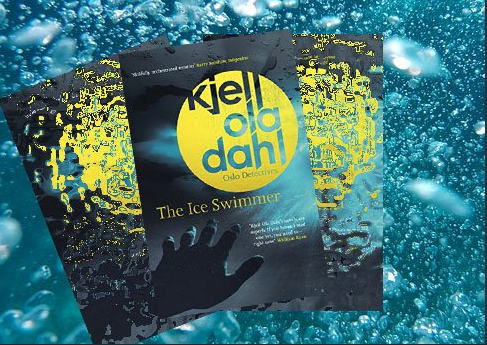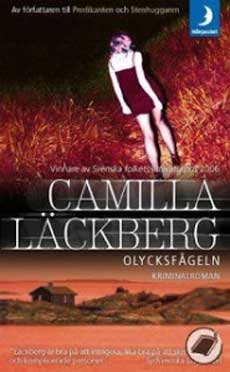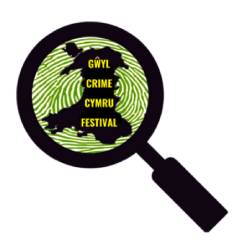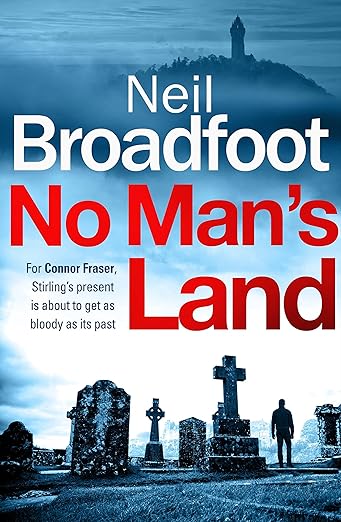Translation Thursday – crime fiction
There’s so many reasons why you should read translated fiction and why you need to read crime fiction in translation in particular…so this Translation Thursday, pick up a copy of something written by an author with an Italian name, Scandinavian setting and delve in…
Crime fiction is a fascinating genre for many reasons –
There’s some brilliant stories out there
You can solve a mystery when reading
You get to meet some very unsavoury characters from the comfort of your own living room
You can get inside the mind of a gangster, murderer….
…feel the thrill of a police investigation….
..and explore your own fears with the lights on!
But read a novel in translation and you get even more:
You get to read EVEN MORE great crime stories
The historical context of the story can really broaden the scope and power of the novel – think a crime novel set during WW2 or a spy novel for example
What crime trends were taking place during prohibition in the USA for example, or the Spanish Civil War?
Cultural differences – what crimes are feared in Brazil, what specific kind of crime do the Koreans fear at the moment?
The Setting
The setting can REALLY add to the overall thrills and chills of the novel. Scandi Crime – would we know Oslo’s dark streets as well if Jo Nesbo hadn’t carved them with his penknife on to the page, or realise that the quaint little fishing village of Fjallbacka in Sweden could be so deadly without Camilla Lackberg?
There’s one thing that you should never forget when reading crime fiction in translation…. The Translator
This is the word wizard who opens doors to another world. The person who brings one story and presents it to a wider audience.
Who is the author? Where are they from? Are they still alive? What did they live through, see, experience that we get to access thanks to the translator?
Then there’s the language – words and social references change all the time. There’s language specific to communities, regions, time periods, industries ..just some of the challenges in this novel:
Time machines
It’s true that you can learn a great deal from a translated work if they are set during a world war for example or a revolution we in the West would never normally have the chance to have experienced.
If a book such as ESTORIL merges fact and fiction and allows you to explore a time and place in history, meet some of the real historical characters, then is this not the best history lesson ever!?
Google what you don’t know and explore some more….
The police
Putting the criminals aside for one moment, what about the police? How do they differ in other countries, how do the emergency services work, the courts, the trials….are there even juries in other countries etc etc…jails….?
What about the mafia?
The Yakuza crime gangs in Japan?
We read to explore our fears so when a certain genre is popular or a certain type of crime fiction then that can tell you what’s happening around the world…terrorism based novels are more common now, spy ones, psychological involving the web…
And…the roles of men and women, the various crimes against each sex, the way both sexes are treated as victims etc…does a country judge victims of certain crimes?
You get much more than just a brilliant crime novel when you read it in translation. Plus you can also even start to learn the language if you’re inspired to read more that’s not as yet translated!
You can also adapt your book snacks to include treats from that particular country..
The translated world of crime fiction is a gift that just keeps on giving








